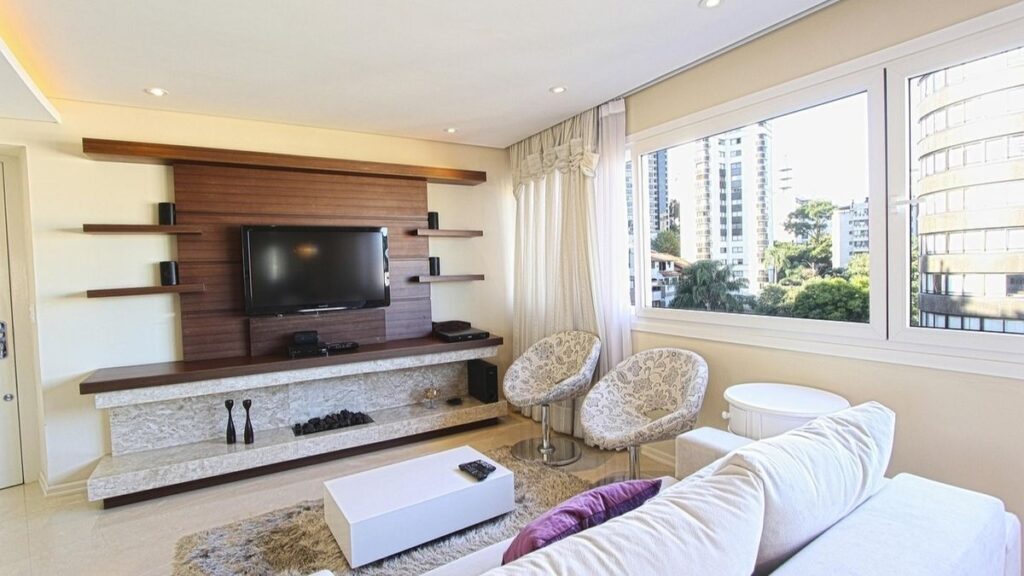Bengaluru real estate sees 8% dip in home sales as property prices rise 12%, developers shift focus to mid-segment housing amid luxury slowdown
Bengaluru’s housing market, once considered among the most resilient in India, is beginning to show signs of stress. Home sales in the city declined by 8% year-on-year in Q2 2025, dropping to 15,100 units from 16,350 units during the same period last year, according to ANAROCK data. Surprisingly, this dip in demand comes at a time when average property prices have surged by 12%, adding further pressure on affordability for prospective homebuyers.
The slowdown in sales, especially in the luxury housing segment above ₹2.5 crore, is largely linked to growing economic uncertainty, increasing white-collar job cuts, and a more cautious approach from buyers. While luxury homebuyers were once relatively unaffected by short-term market shifts, many are now taking longer to finalise purchases, driven by financial insecurities and concerns about future income stability.
Also Read: Bengaluru-Chennai Expressway nears completion, but final stretch delays push full launch to 2026
Developers in the city, in response, are recalibrating their strategies. Many are offering flexible payment plans, such as the 25:75 model, where buyers pay 25% upfront and the remaining 75% on possession, along with upfront discounts. These kinds of offers, once rare in the high-end segment, reflect a growing need to incentivise buyers without compromising too much on pricing.
There is also a noticeable shift in focus from launching new high-end projects to completing ongoing ones, with an emphasis on quality delivery. Developers are becoming more selective, prioritising mid-segment housing in the Rs 2 to Rs 3 crore range to appeal to salaried homebuyers looking for aspirational yet accessible homes.
Localities like Whitefield and Electronic City, traditionally hotspots for luxury development, are beginning to feel the impact of this recalibration. Excess supply, aggressive pricing, and stagnating demand are slowing momentum in these tech corridors. On the other hand, upscale neighbourhoods like Indiranagar, Koramangala, and HSR Layout are still seeing consistent demand, driven by their exclusivity and scarce availability of properties.
While the Rs 80 lakh to Rs 1.5 crore segment remains the most resilient, driven largely by salaried professionals with moderate incomes, the lack of adequate supply in this range is a growing concern. Some buyers are being forced to either wait or stretch beyond their comfort zone, exposing themselves to higher financial risk.
Also Read: Bengaluru airport surges ahead overtaking Chennai in international passenger rankings
Despite the current slowdown, developers are unlikely to exit the luxury segment altogether. High-end housing continues to be an important brand builder and attracts premium clientele, especially from Global Capability Centres (GCCs), NRIs, and investors. These groups provide a cushion against weakening demand from the city’s traditional IT buyer base.
With the real estate market in a transitional phase, Bengaluru’s developers are now walking a fine line, balancing elevated costs, shifting demand, and the need to maintain brand positioning in a changing economic landscape.
Also Read:
a. Bangalore Airport City and Prestige Group to build 8,000-seat convention hub
b. IIM Bangalore to launch Venix 2025, new international business summit

